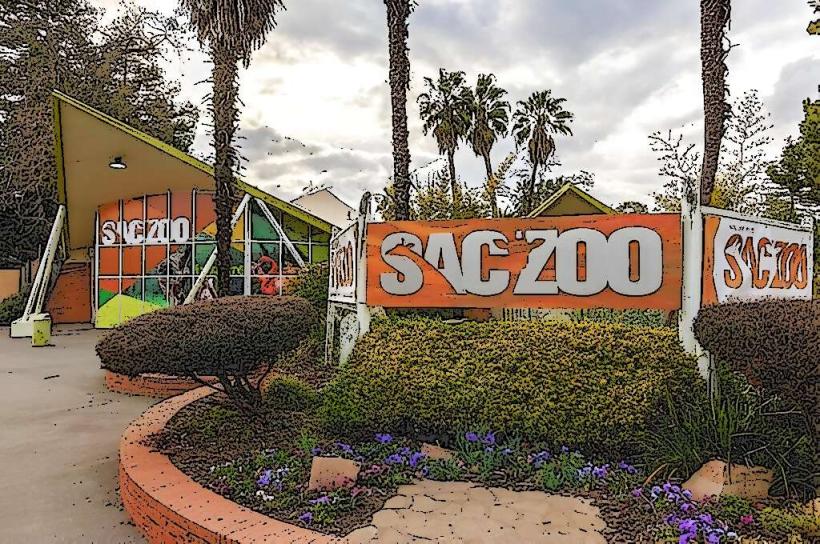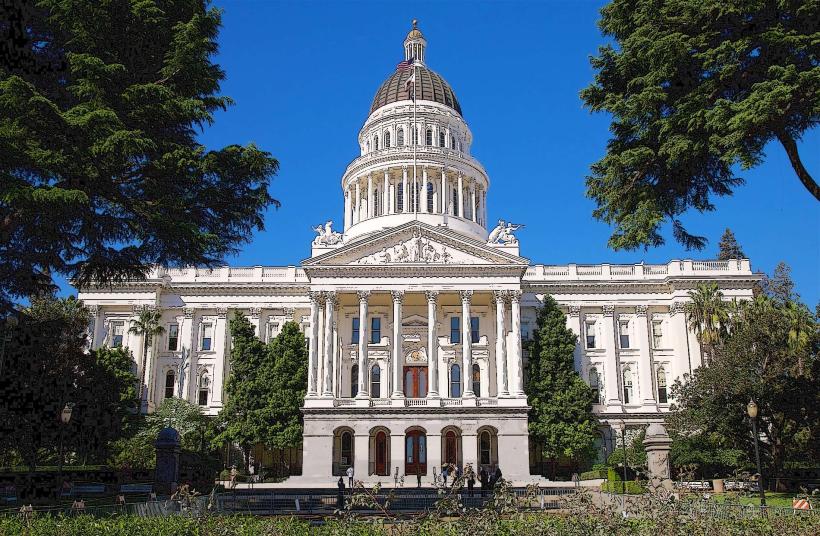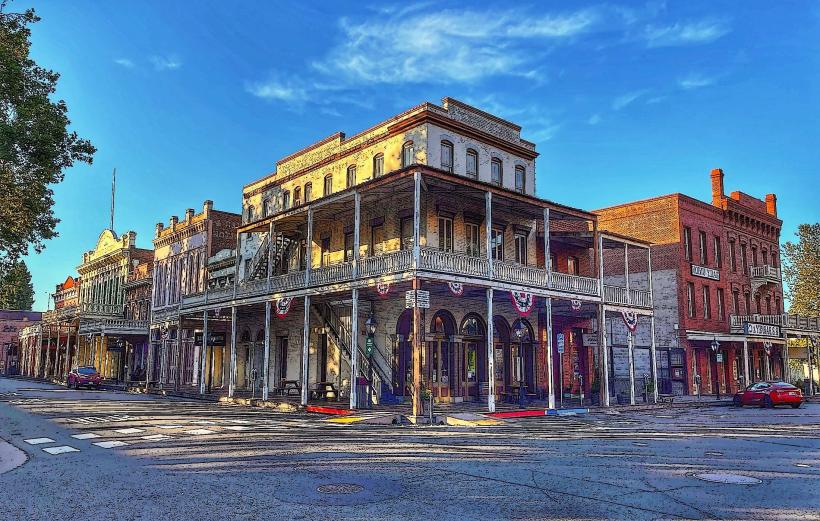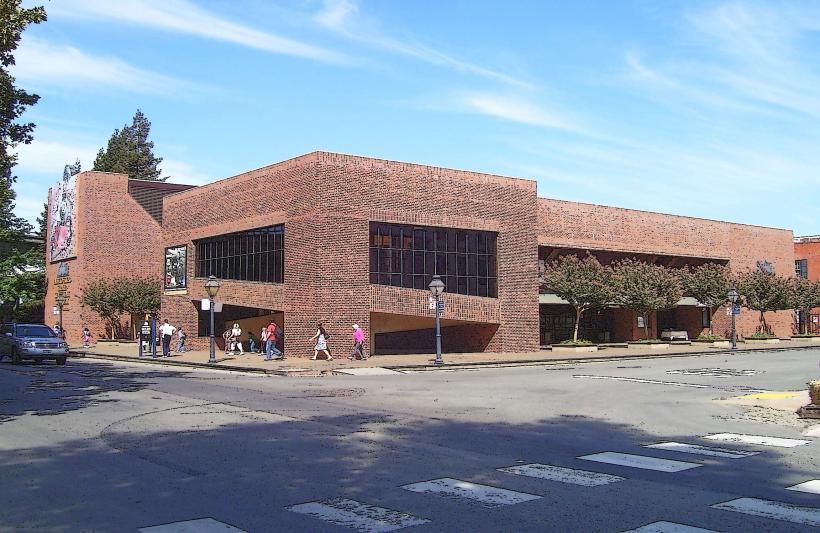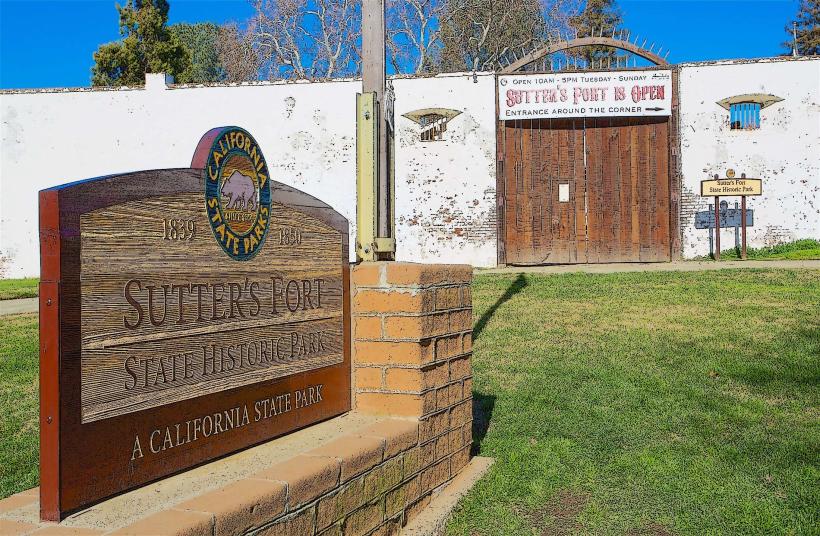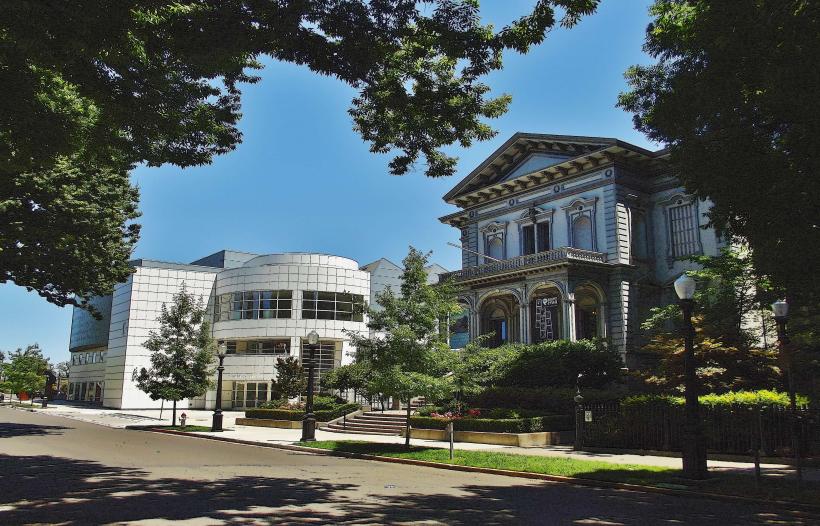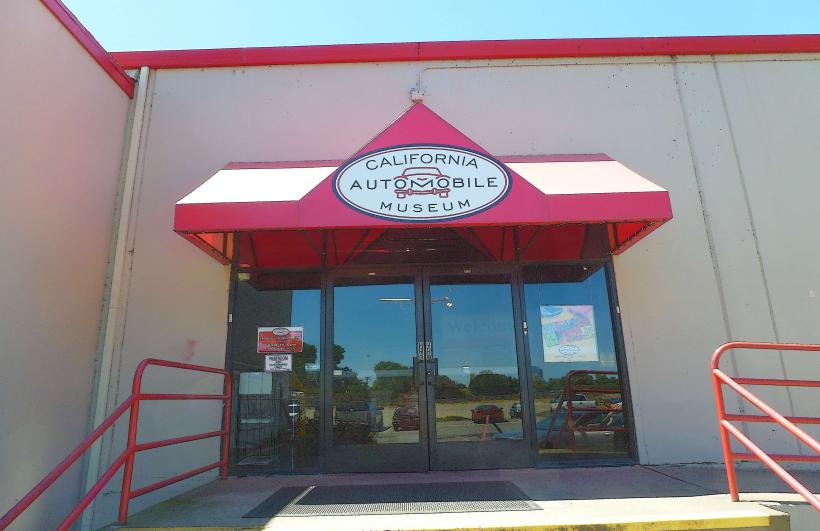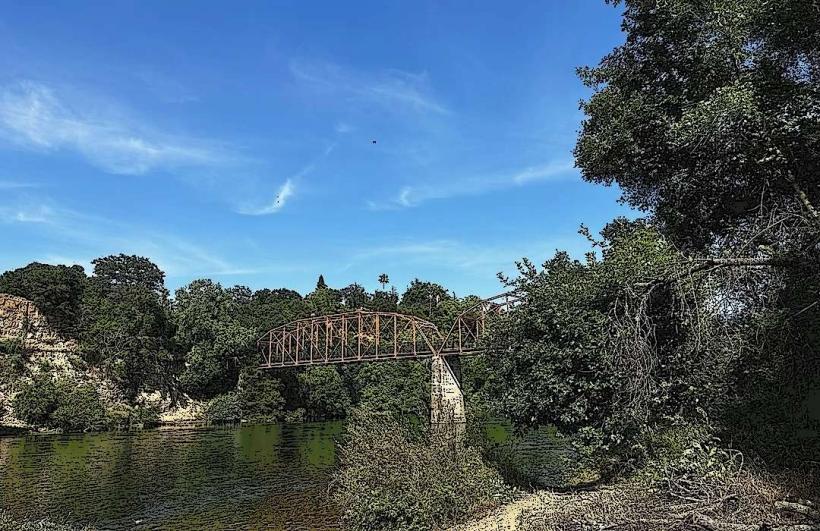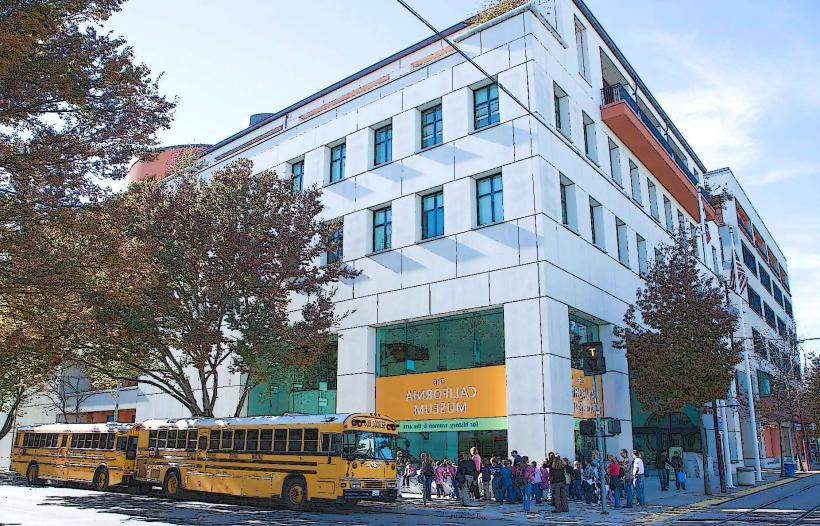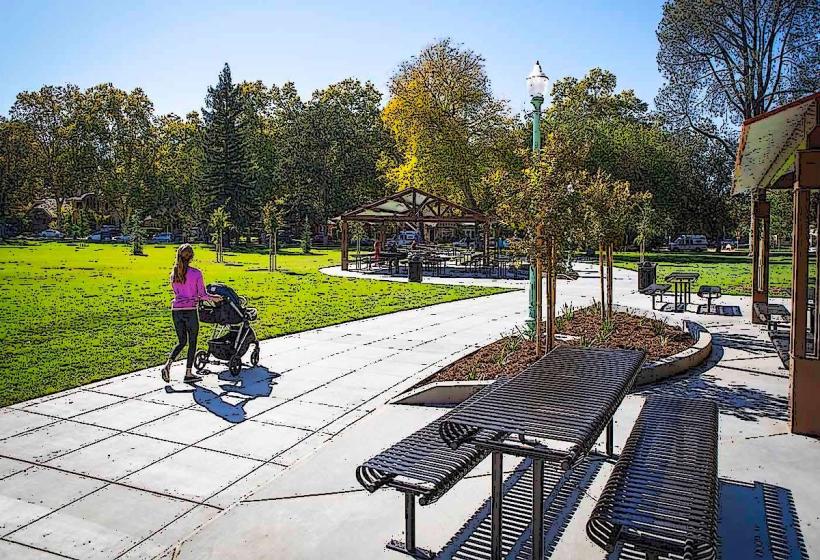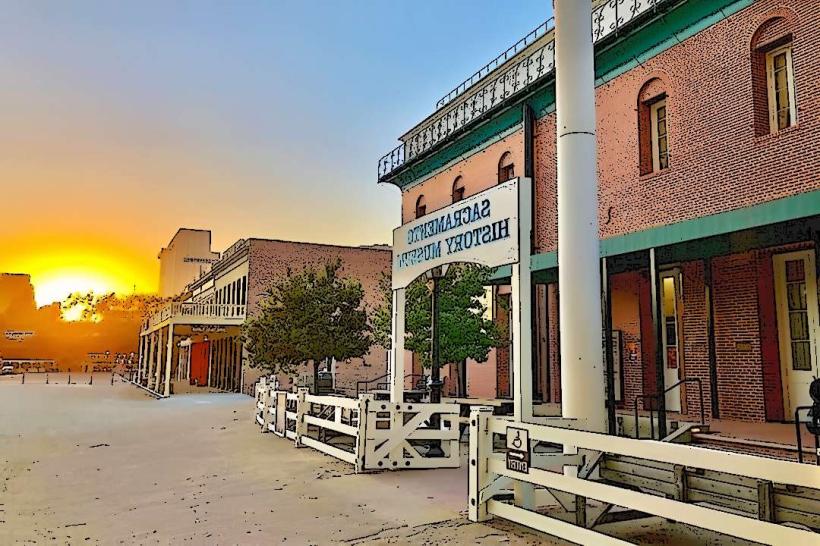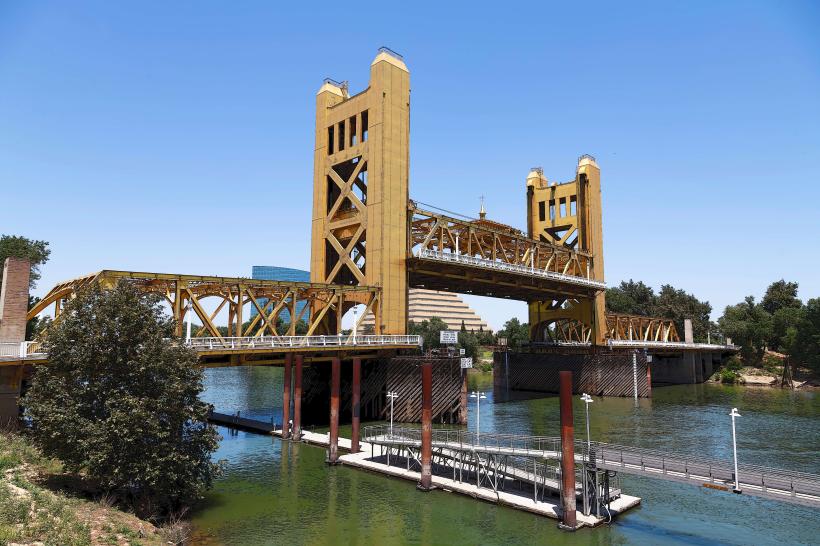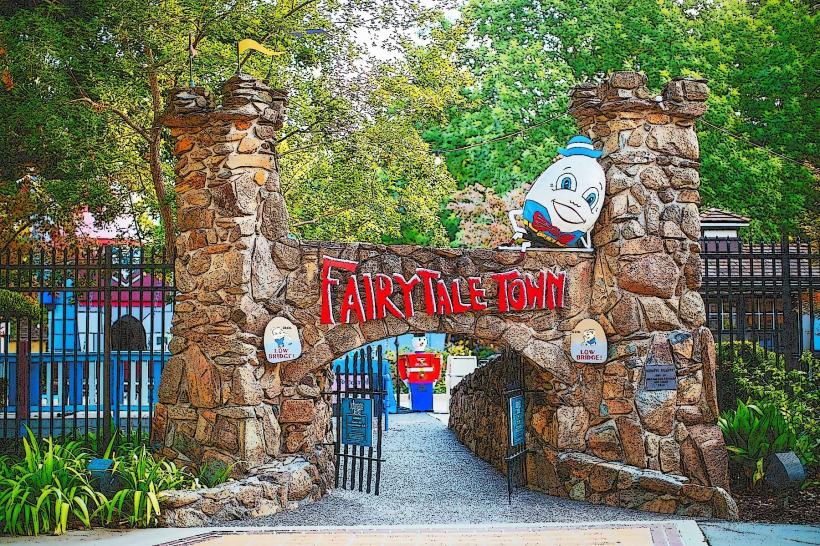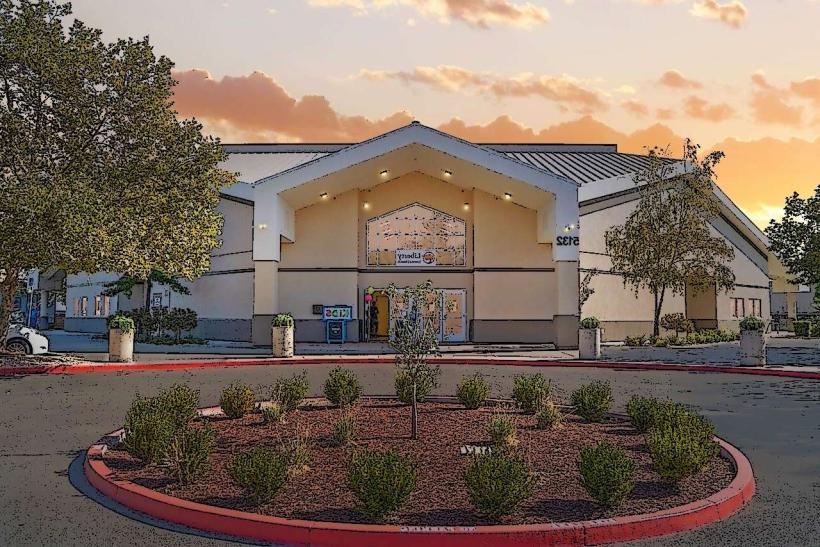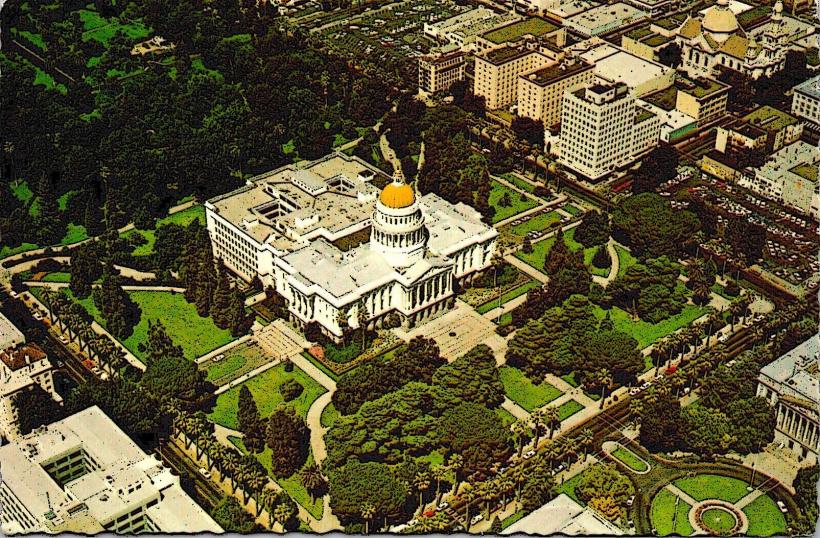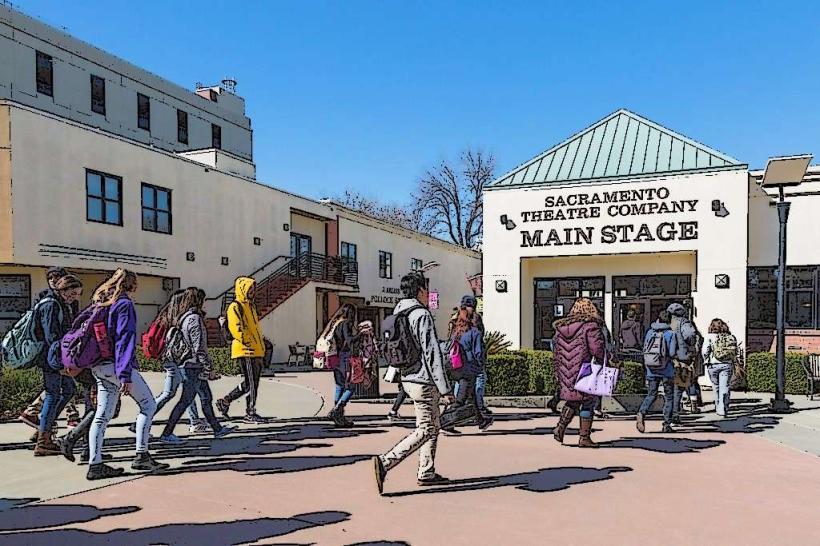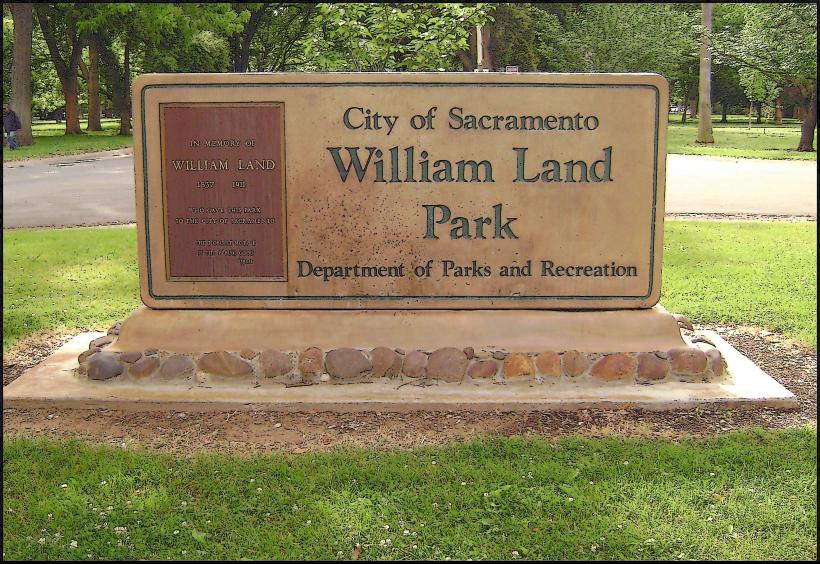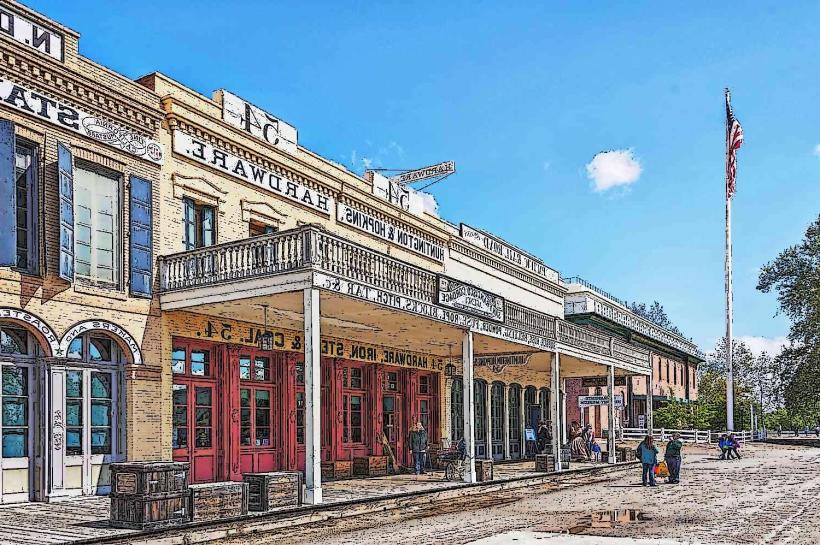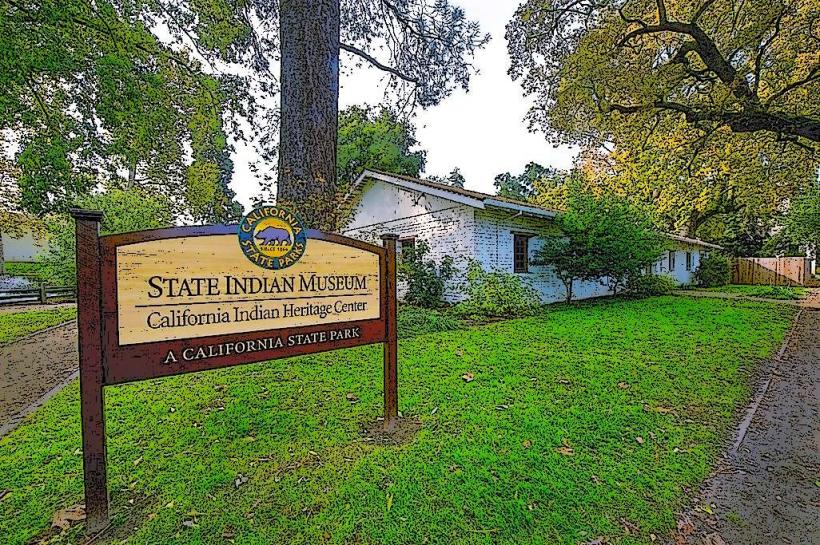Information
Landmark: Sacramento Valley RailroadCity: Sacramento
Country: USA California
Continent: North America
Sacramento Valley Railroad, Sacramento, USA California, North America
The Sacramento Valley Railroad was a significant part of California's early rail history and played a crucial role in the development of Sacramento and the surrounding region. Established in the mid-19th century, it became one of the first major railroads in California, helping to connect the state's interior with the coast and contributing to the state's rapid economic growth during the Gold Rush and beyond.
Historical Overview
Founding and Early History
The Sacramento Valley Railroad (SVRR) was chartered in 1851 to connect Sacramento with the agricultural and mining regions to the north.
The railroad was one of the first railroad projects in California, aiming to tap into the booming economy driven by the Gold Rush.
Construction began in 1852, and the first tracks were laid to Folsom, about 22 miles east of Sacramento, in 1856. This was a major feat of engineering at the time, considering the challenging geography of the area.
Expansion and Role in California’s Development
In 1856, the railroad's completion to Folsom significantly improved transportation and was a lifeline for the Gold Rush economy.
The SVRR played a critical role in transporting goods, mining supplies, and people between Sacramento and the Sierra Nevada foothills.
The railroad connected Sacramento to the larger network of railroads in the U.S. over the coming decades, laying the groundwork for the broader Transcontinental Railroad.
It also provided transportation for agriculture and freight, especially cattle, grains, and timber, boosting California's agricultural sector.
Growth and Mergers
The railroad was bought by the Central Pacific Railroad in the late 1860s, which later became part of the Southern Pacific Railroad.
The SVRR became part of a larger rail network that was crucial in shaping California’s economy.
The expansion of the Central Pacific’s transcontinental railroad further solidified the Sacramento Valley Railroad’s importance in the state’s transportation system.
Legacy and Impact
Economic Impact
The Sacramento Valley Railroad was a vital transportation link during the California Gold Rush and helped connect Sacramento to emerging economic opportunities in the northern regions and the coast.
The railroad played a large part in the growth of Sacramento as the state capital, facilitating trade, commerce, and the movement of people and goods across the state.
Cultural Influence
The railroad helped to shape Sacramento’s waterfront and downtown areas, particularly with the development of the Sacramento rail yards.
Its influence can still be seen in parts of Sacramento, particularly in the Old Sacramento district, which includes historic railway buildings and facilities that served the railroad.
Preservation
While the Sacramento Valley Railroad itself no longer exists as an independent entity, its legacy lives on in the Sacramento Railway Museum and through various historic railway buildings around the city.
The Sacramento Valley Station, which opened in 1926, was built at the site of the original railroad terminal and remains a major transportation hub for Amtrak today.
Notable Facts
The Folsom Line: The initial line that the Sacramento Valley Railroad built to Folsom was an important route for transporting supplies to the gold mines and later became a key part of regional transportation.
Technological Innovations: The railroad helped bring technological advancements to California, including the development of steam-powered engines and railway infrastructure like trestle bridges and tunnels.
Cultural Significance: The railroad helped forge connections between California's rural communities and its urban centers, which had lasting social and economic impacts on the state's development.
Modern-Day Influence
While the Sacramento Valley Railroad itself no longer operates, its legacy remains in Sacramento's rich railway history. Much of the rail infrastructure from the 19th and early 20th centuries is preserved in the Old Sacramento State Historic Park, which celebrates the city's role as a transportation hub during the Gold Rush era and the early railroad years. The influence of the railroad is also evident in the continuing importance of rail freight in California’s economy, as the state remains one of the busiest in the nation for goods transported by rail.
Today, remnants of the original Sacramento Valley Railroad tracks and historic railway buildings can still be seen in the city, and the rail network remains a critical part of Sacramento's infrastructure and identity.

